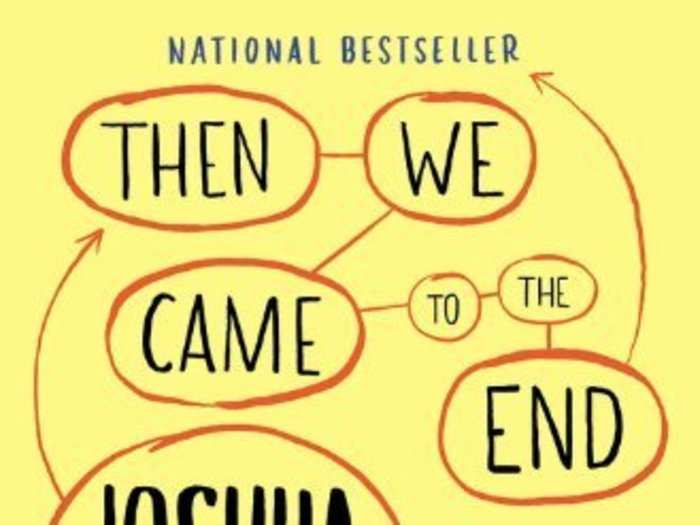6 short stories that will make you smarter about business
'Bartleby, the Scrivener' by Herman Melville

'The Businessman' by Edgar Allan Poe
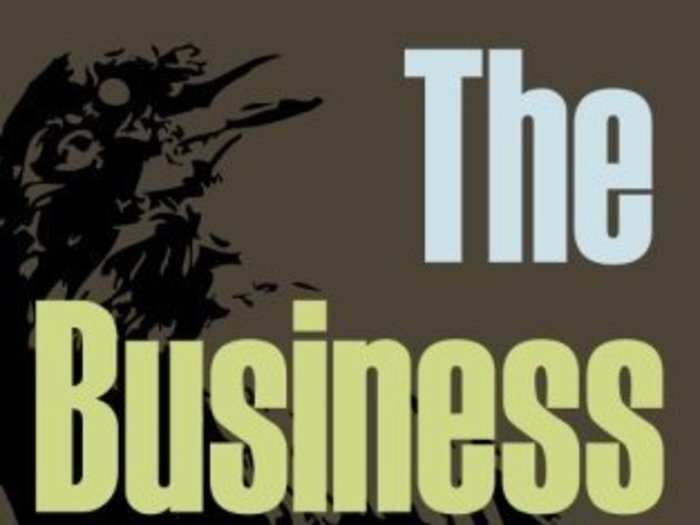
This satirical work was first published in the mid-19th century in Burton's Gentleman's Magazine, but it's just as entertaining today. The entire story consists of "self-made man" Peter bragging about his different entrepreneurial ventures, including starting fights with people on the street and then suing them for attacking him.
You don't have to read too closely to guess that Poe is dubious about the means by which supposedly self-made men succeed. The story is available in book form today.
'Afterward' by Edith Wharton
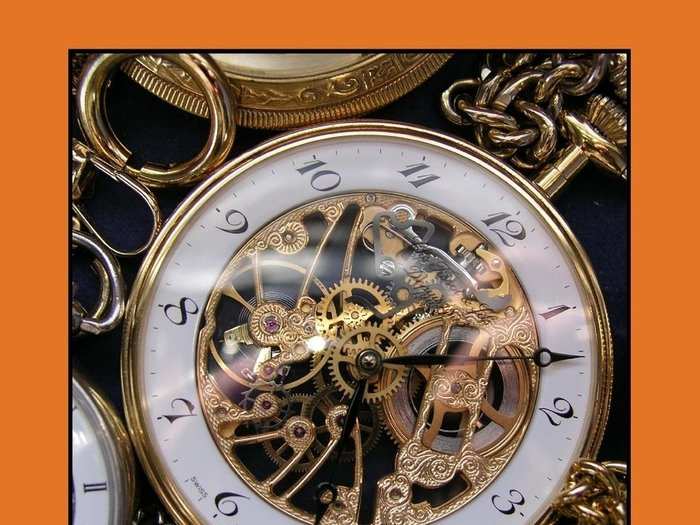
In one of Wharton's famous ghost stories, a businessman named Ned disappears, leaving his wife Mary distraught and confused.
Over time, Mary learns that Ned may have been caught up in a shady business transaction, which he never bothered to tell her about. The story will definitely creep you out — and potentially scare you into honesty when it comes to your own professional dealings.
First published in the 1910 issue of The Century Magazine, the story is available in book form today.
'Job History' by Annie Proulx
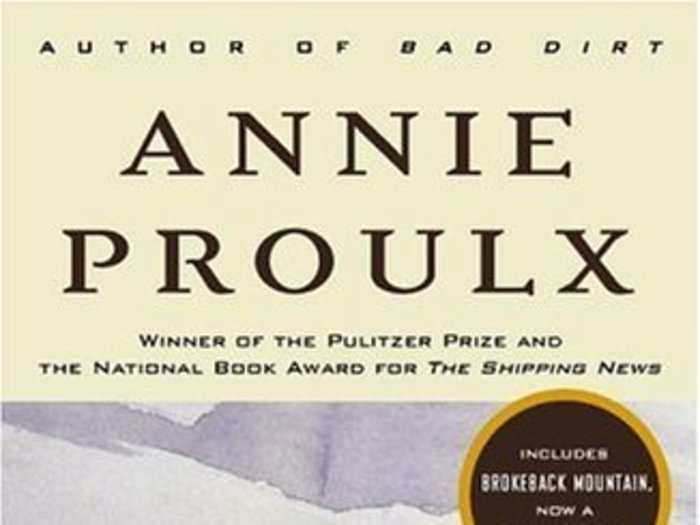
In this minimalist short story published in the collection "Close Range: Wyoming Stories," Leeland Lee spends a lifetime trying out different blue-collar jobs, from meat processing to taxidermy, in an effort to find a successful career and support his growing family.
It shows what life is like when you don't have a clear passion, and when no one seems to recognize how hard you're trying to succeed.
'Great Experiment' by Jeffrey Eugenides
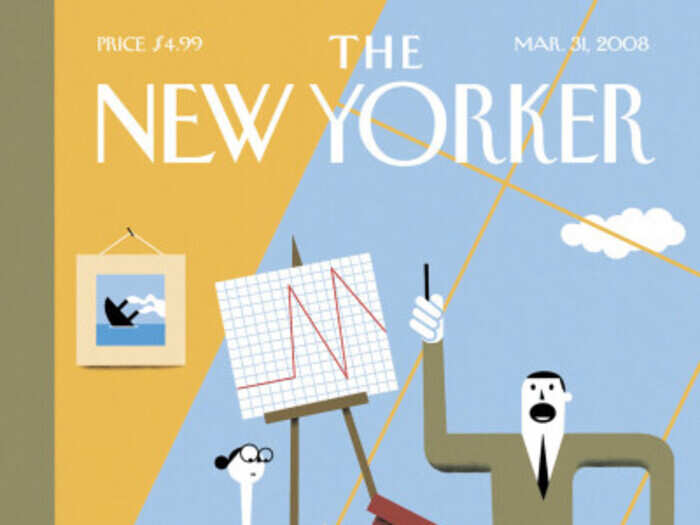
Kendall is a failed poet who works for a publishing company called "Great Experiment," where he doesn't get paid much and isn't even eligible for health insurance. His boss has asked him to put together a concise version of Alexis de Tocqueville's "Democracy in America." As Kendall slogs through the assignment, the company's accountant proposes that the two of them open a fake business and basically steal a few million dollars from the publishing company.
The story, originally published in The New Yorker in 2008, raises questions about how attainable the American Dream really is — and shows how tempting it is to sacrifice your dignity and morality to achieve the kind of wealth and success you always hoped you would.
'Drummond & Son' by Charles D'Ambrosio
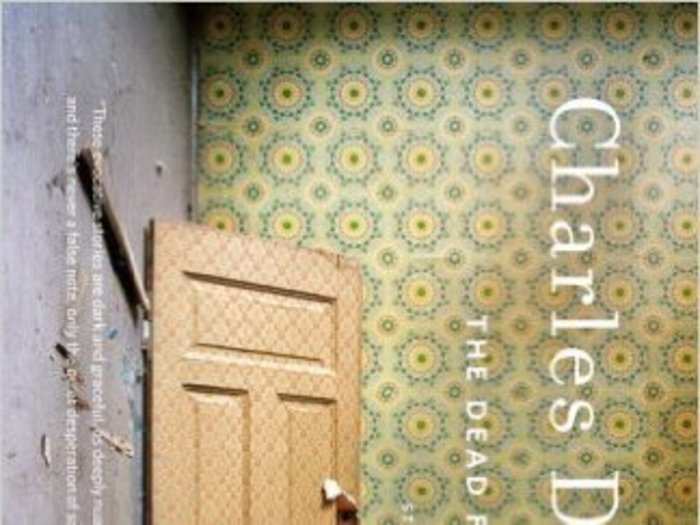
"Drummond & Son," part of the collection "The Dead Fish Museum," focuses on a single day in which a typewriter repairman is trying to get his schizophrenic 25-year-old son help from a social worker. While Drummond inherited the repair shop from his father, it's implied that his son has no interest in going into the family business.
The father's dedication to restoring typewriters is arguably symbolic of his desire to fix the things that went wrong in his own and his son's life. Overall, the story reveals the way that work often gets tied up with our personal lives, until there's no boundary between the two.
Popular Right Now
Popular Keywords
Advertisement
